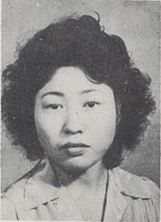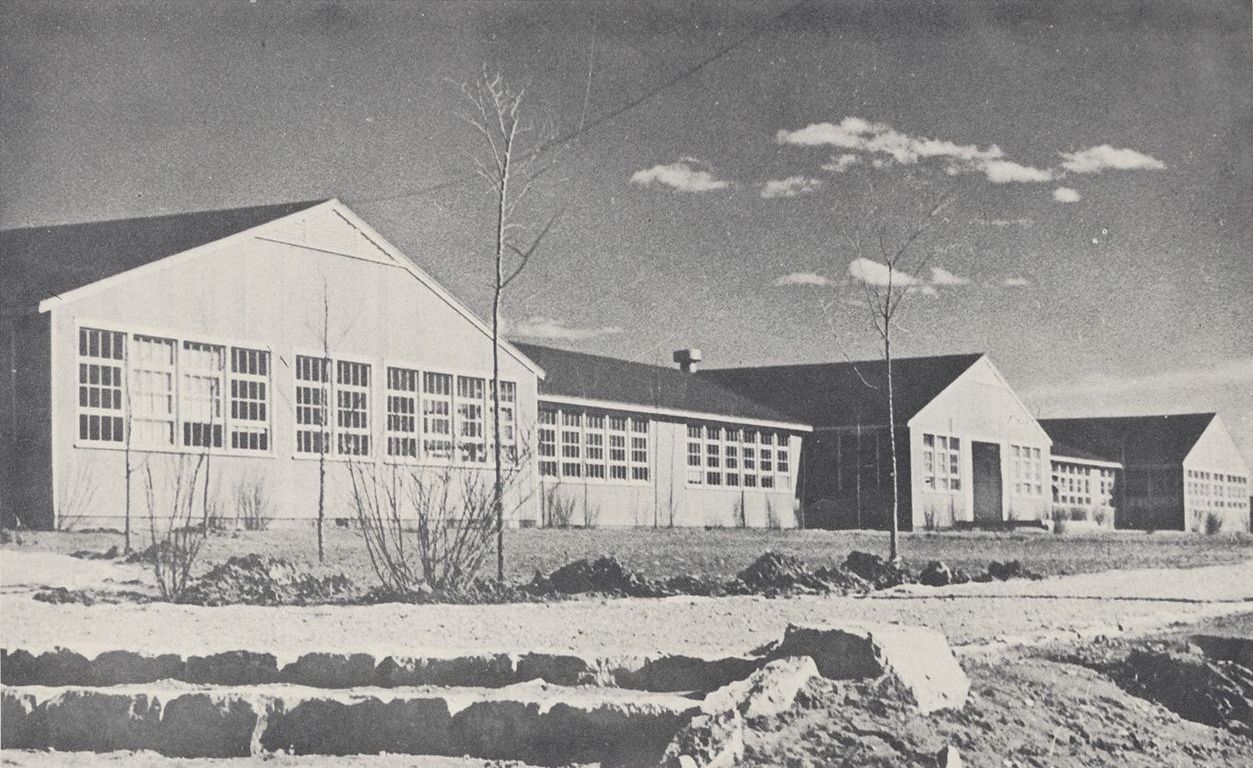 I am a chemist. So why do I write about the tragedy befalling a family? It stems from an article I wrote entitled The Tragic Case of the Los Angeles Wannabe Chemist. In that article, I describe a chemical explosion in 1947 that killed 17 and injured more than 150 persons.
I am a chemist. So why do I write about the tragedy befalling a family? It stems from an article I wrote entitled The Tragic Case of the Los Angeles Wannabe Chemist. In that article, I describe a chemical explosion in 1947 that killed 17 and injured more than 150 persons.
Alice was not simply killed. Her body was blown to bits. She was assisting the Ohio-born wannabe chemist, Robert M. Magee. Magee not only lied about his higher education credentials, he hadn’t even finished high school, according to his mother.
Introducing the Iba Family
Alice had been hired just one month-and-a-half before the incident, and was given a change of assignment to work alongside Magee. Her education appears to have been limited to high school. How old was she? She was born 18 Oct 1924 along with her twin, Mary Itsuyo Iba [See correction in comments section by Tom McMahon].
Her family appears in the 1940 US Census, as shown below.

The family, headed by Shoichi Iba, lived in a rented home on Elphick road. Shoichi was working as a farm laborer, undoubtedly on the farm of Henry Elphick, their neighbor. Shoichi and Natsu, his wife, were Japanese-born, but all the children were born in Sebastopol, Sonoma County, California.
Since non-native names are often misspelled, I have listed the most accurate rendering for them. They are: Shoichi, Natsu, Alice Shimeta, Mary Itsuyo, Tokia A., Harry Nobuko, Mae Shimo, and Sally. Notice the first and “middle” names are actually a Japanese name and an American name.
It was not unusual to give a child both a Japanese name and an American name for everyday use. I could find no Japanese name for Sally, which suggests she may not have been given one, since she was born after the family had been in the U.S. for decades.
The First Tragedy
It was just two years, in 1942, when the family were stripped of their property and were forced to move to Camp Amache, a WWII Internment camp, near Granada in Colorado. Curiously, the family in general were told they were to be taken in September 1942, but with one exception. The family head – the family’s visible means of support – was ordered to leave in February of that year!
Amache was one of ten camps set up to hold those born in Japan along with their families, born in Japan or not. This was by edict of President Franklin D. Roosevelt, in response to the bombing of Pearl Harbor. Alice was just 16.
Adjusting to a New Life
I could write about the changes the Iba and other family’s experienced, but the following Smithsonian video says it better than I could. Please watch this 3 minute 40 second video…
In my researches, I discovered Alice and her younger sister, Tokia, in the 1944 Onlooker “yearbook” for Granada High School.

Alice graduated 18 May 1944. Her sister Tokia was required to attend summer school in order to graduate. Her photograph was not included with her sister’s.
It was in this issue of Onlooker that I found Alice’s photograph – the only photograph of Alice I’ve been able to find. High school yearbooks often devote space for funny remarks by students. This issue of Onlooker, is no different. A “Senior Will”, includes a very curious statement by both of the girls…

Leaving Camp Amache
It was in September of this year, 1944, that was to see the release of the Iba family. Interestingly, though most of the family returned to Los Angeles, Alice and Tokia elected not to return, but to go to Chicago, Illinois. Did they have one or more friends who chose Chicago? For instance, Akiko Otomo, a fellow internee, chose to go to Chicago. She was later to die in the same explosion as Alice.
Whether or not this was the case, Alice and Tokia did not remain long in Chicago. Recall that she died in February 1947 in California. Why had she left Chicago so soon? Perhaps this video sheds some light on the matter…
Densho Encyclopedia: Resettlement in Chicago (Peggie Nishimura Bain)
Of the two videos, click on the top one. It is only 2 minutes 43 seconds long.
A Tender Iba Family Life Ends
And so at age 22, Alice needed a job. The O’Connor Electro-Plating Company was hiring. Thus a tender life was soon to end. There would be no death certificate, no memorial. It was as if Alice just disappeared, just as she physically disappeared.
Yet…
That is not necessarily the end of Alice. Consider a few Scriptures I wish to provide, here: Acts 24:15; John 5:28, 29; Revelation 21:4; Job 14:14, 15; Isaiah 26:19. The hope is to “stand again” in a grand earthly resurrection.
Special Thanks to Researcher Jane Hamilton for her invaluable help.
References:
- Rockstar Games
- Encyclopedia of the Great Plains: Amache Internment Camp
- Amache.org
- City Girls: The Nisei Social World in Downtown Los Angeles, 1920-1950

Vince, as always nice working with you in researching. Article is well written.
Thank you for bringing Alice Iba back, to not be forgotten. Jane
She was a young person at the wrong place at the wrong time. It was not fair no one remembered…
Another kind volunteer wrote me: “Alice and sibling Tokia were sponsored out by a family in Chicago around 1944 so they got to leave Granada early. They probably went to work in a private home in Chicago, as that was not uncommon.” I’m not certain if this ties in with another reference I found which says (in 1944) that Alice performed domestic work for a Mr. Knodel.
In the article, I cite the probability of Shoichi working on the farm owned by Henry Elphick. But if you examine Shoichi’s military registration card for WWI, it points to George A. Ross as his employer. In fact, Shoichi at the time was single. It seems likely he was living on the premises of Ross’ orchard at the time. But Ross died in 1941, and by 1940, Shoichi had moved to Elphick Road.
I am learning a lot of interesting history from your posts. It is good to remember what went before.
It is always good to learn something new. Kudos, Vincent.
This is great information. Alice Iba was my spouse and sister in law Aunt through Alice’s sister Mary Itsuyo.
If you check the 1940 census, it shows Mary as 15 and Alice as 13.
There has always been some confusion over Mary’s birth date and, until now, almost no information on Alice.
Thank you for all the information contained in this post!
My eyes are welled up with tears, as Tokia was my grandmother. I am her oldest grandchild. I remember finding out about my grandmother’s interment, not from her but from my dad’s parents. My mom’s parents never mentioned it until I asked grandma about it. My grandfather Isamu, served in the 442nd during WWII, they met after the war. Grandma and her sister did stay in Chicago for a brief time and worked in someone house. I miss my grandparents, thank you for a lovely article. Paige
I’m Tokia’s grand daughter. As Tom pointed out Mary and Alice were not twins. Thank you for putting this information together as I do not have a lot of knowledge of the Japanese side of my family. Myself and my brother went into the Safety profession with the goal of preventing workplace accidents such as these.
I am very Honored to say that I am the grand-daughter of Tokia and Sgt. Isamu Suehiro; Paige and Becca are my cousins. As stated, Alice and Mary weren’t twins, although my great-grandparents did have twin boys who passed away at an early age. The picture you have of Alice looks so much like my grandma besides the mole on her face. Thank you for this story, I heard a lot about Alice from my grandmother.